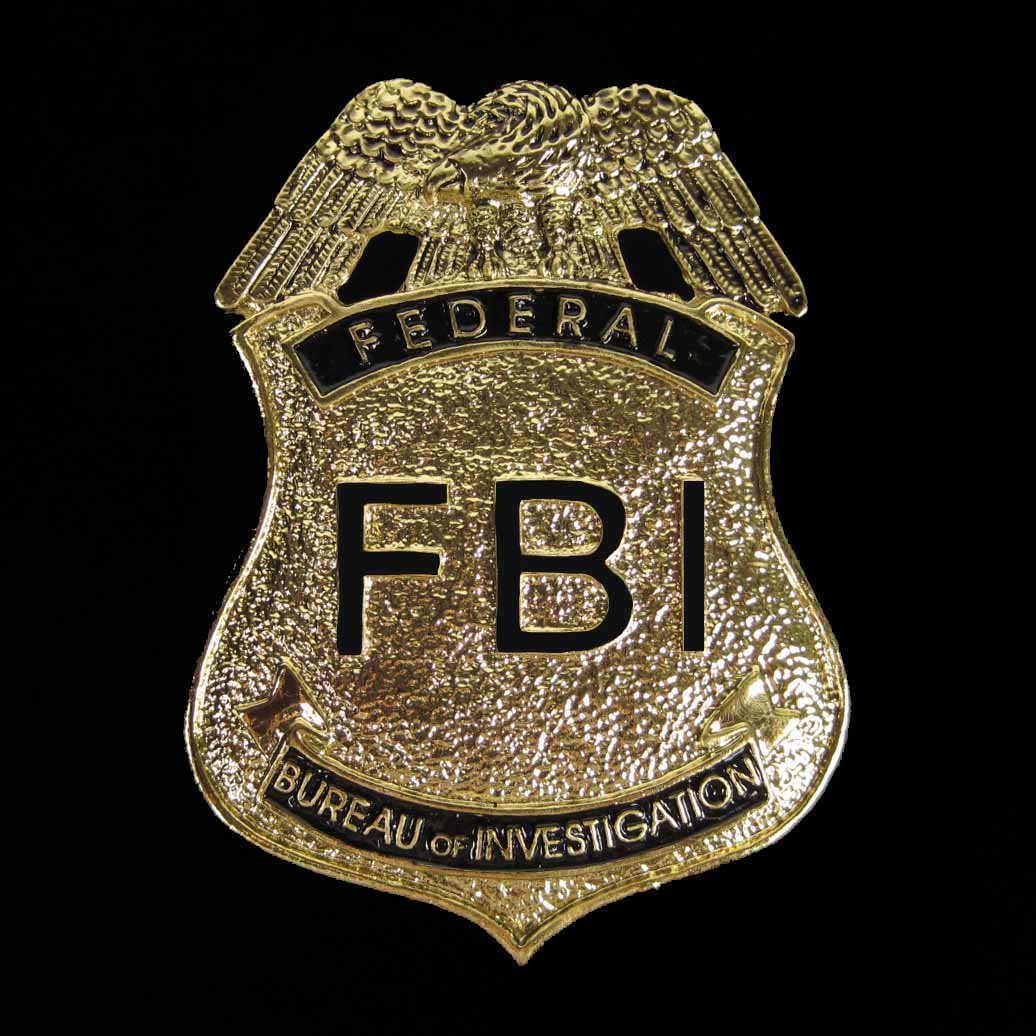
You don’t think censorship is possible in America?
Don’t take it from me. Take it from the FBI’s own website:
Hate Crimes—Overview
Investigating hate crimes is the number one priority of our Civil Rights program. Why? Not only because hate crimes have a devastating impact on families and communities, but also because groups that preach hatred and intolerance plant the seeds of terrorism here in our country. [emphasis added]
Defining a Hate Crime
A hate crime is a traditional offense like murder, arson, or vandalism with an added element of bias. For the purposes of collecting statistics, the FBI has defined a hate crime as a “criminal offense against a person or property motivated in whole or in part by an offender’s bias against a race, religion, disability, sexual orientation, ethnicity, gender, or gender identity.” Hate itself is not a crime—and the FBI is mindful of protecting freedom of speech and other civil liberties.
It’s a massive contradiction. On the one hand, the FBI says that hate itself is not a crime. Only offenses like murder, arson or vandalism are crimes.
Yet in the previous paragraph, the FBI states, “groups that preach hatred and intolerance plant the seeds of terrorism here in our country.”
If people who preach what the FBI deems hatred plant the seeds of crime and terrorism, aren’t they just as guilty as the ones who perpetrate it? Doesn’t “planting the seeds” imply an action? And actions can be criminal.
It’s a contradiction – a lethal one.
How our government ultimately resolves this contradiction will determine the fate of our Frist Amendment rights. Do not lull yourselves into thinking otherwise.
I would like to say it’s reassuring that the FBI states that hate itself is not a crime. But if the FBI really maintains this, why have hate crime categories at all? Why not limit prosecution to the actions that actually are crimes – murder, assault, rape, theft, fraud – whether those crimes are motivated by racial/homophobic/religious hatred, or not?
There is no need for a special category for hate crimes. The moment you set up such a special category, you have paved the way for eventual prosecution of hatred itself. By singling out “hate crimes” as worthy of special prosecutorial focus, the government is setting the table, intentionally or not, for hate itself becoming a crime.
Hatred either is a crime, or it isn’t. The government cannot have it both ways. It cannot state that hatred is not a crime, but then single out crimes motivated by hatred as worthy of special or additional punishment. It’s logically indefensible.
I know people who will respond, “Say this to the victim of an attack because he’s gay; or black; or Muslim.” What’s there to say? If the government is committed to prosecuting crimes, then gays, blacks, and (peaceful) Muslims, all have the protection of the law, just like any other individual. If the government began to selectively enforce laws based on prejudice or bias, then it’s the unjust or corrupt government officials we have to go after, not people the government deems hateful.
Government is not always just and fair. American history has plenty of examples. But we correct that problem by reforming the government. Not by passing laws which at first imply, and later impose, criminal restrictions on freedom of speech.
Follow Dr. Hurd on Facebook. Search under “Michael Hurd” (Rehoboth Beach DE). Get up-to-the-minute postings, recommended articles and links, and engage in back-and-forth discussion with Dr. Hurd on topics of interest. Also follow Dr. Hurd on Twitter at @MichaelJHurd1
Dr. Hurd is now a Newsmax Insider! Check out his new column here.
